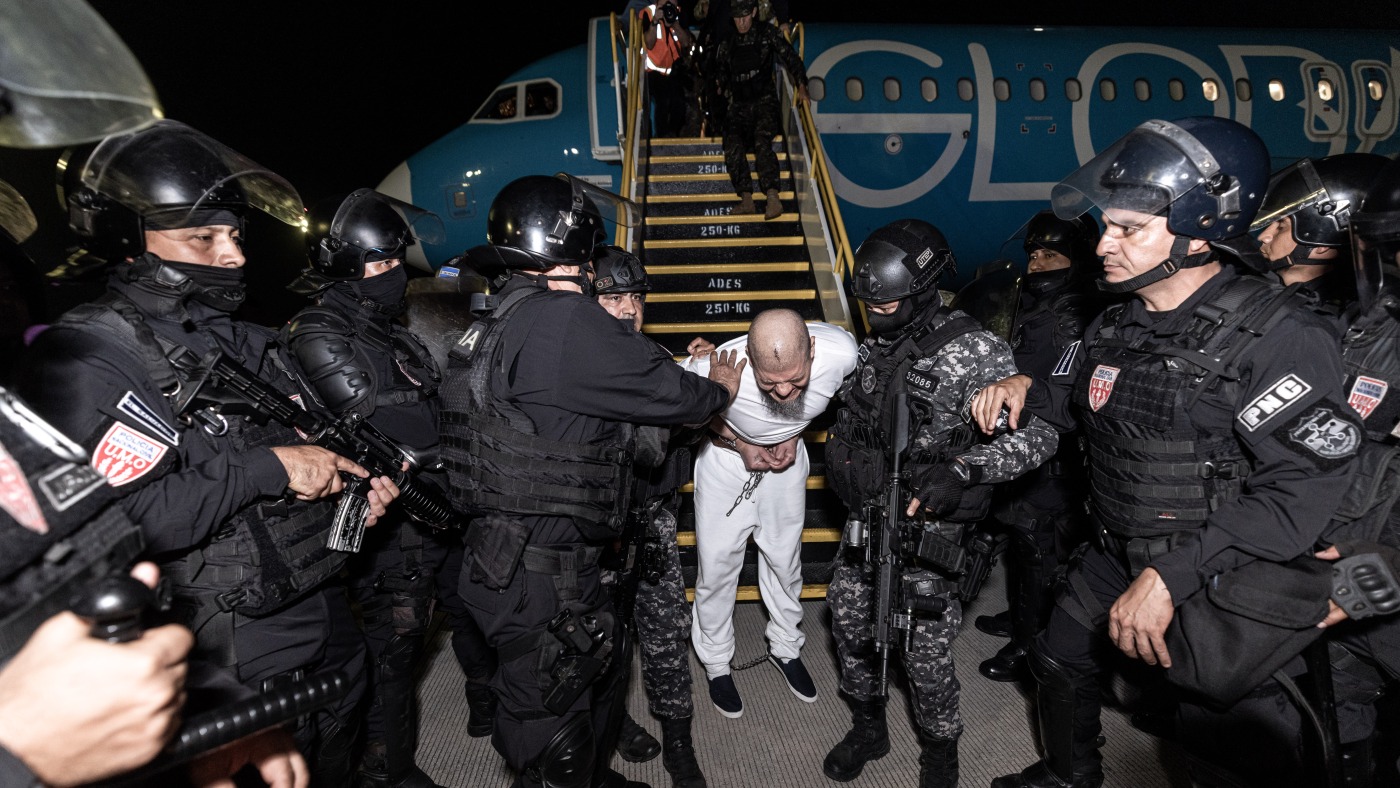The Tren de Aragua Conundrum
The political arena is often a labyrinth of claims and counterclaims, where facts can be scarce and interpretations diverse. The recent disclosures from U.S. intelligence regarding the Tren de Aragua (TDA) gang and its purported connections to the Venezuelan government have added another dimension to this intricacy. This report explores the nuances of the intelligence memo, its implications, and the broader context of U.S.-Venezuela relations.
The Intelligence Memo: Key Findings
Lack of Direct Control
The U.S. intelligence community has repeatedly stated that Venezuelan President Nicolás Maduro does not directly control the Tren de Aragua gang. This conclusion, derived from various intelligence evaluations, undermines the White House’s rationale for applying the Alien Enemies Act against TDA members. The partially declassified memo asserts that the Maduro regime is “probably not directing” the gang’s activities within the U.S. This finding is pivotal as it questions the narrative that the Venezuelan government is orchestrating criminal operations in the United States.
Moderate Cooperation
While the memo refutes direct control, it acknowledges a moderate level of cooperation between the Venezuelan government and the TDA. This subtlety is vital as it indicates a more intricate relationship than outright direction. The FBI, in a separate evaluation, believes that Venezuelan officials use TDA members as proxies in the U.S. This proxy relationship could encompass various forms of support, from logistical aid to tacit approval of the gang’s activities.
Implications for U.S. Policy
Legal and Political Ramifications
The intelligence memo carries substantial legal and political consequences. The Alien Enemies Act, invoked by President Trump, permits the deportation of migrants from countries deemed hostile to the U.S. The memo’s findings weaken the legal foundation for this act, as they cast doubt on the alleged ties between the Venezuelan government and the TDA. Politically, the memo challenges the Trump administration’s stringent stance on immigration and its narrative of a Venezuelan government actively working against U.S. interests.
Policy Shifts
The findings could lead to a shift in U.S. policy towards Venezuela and its migrants. If the U.S. intelligence community’s assessment holds, it may prompt a reevaluation of the Alien Enemies Act’s application to Venezuelan migrants. This could result in a more nuanced approach, distinguishing between genuine security threats and migrants fleeing economic hardship and political instability.
The Broader Context: U.S.-Venezuela Relations
Historical Tensions
U.S.-Venezuela relations have been plagued with tension, especially under the Maduro regime. The U.S. has imposed numerous sanctions on Venezuela, accusing the government of human rights abuses, corruption, and undermining democratic institutions. The TDA issue is just one aspect of this broader conflict, but it highlights the complexities of U.S. policy towards Venezuela.
The Humanitarian Crisis
Venezuela is currently experiencing a severe humanitarian crisis, with millions of people fleeing the country due to economic collapse and political repression. The U.S. has been dealing with a significant influx of Venezuelan migrants, leading to debates about immigration policy and national security. The intelligence memo’s findings could influence these debates, emphasizing the need for a balanced approach that addresses security concerns without unfairly targeting vulnerable migrants.
The Need for Nuanced Policy Making
Embracing Complexity
The Tren de Aragua conundrum highlights the necessity for nuance in U.S. policy towards Venezuela and its migrants. The intelligence memo’s findings challenge simplistic narratives of government control and criminal activity, revealing a more complex reality. As the U.S. continues to navigate its relationship with Venezuela, it must embrace this complexity, distinguishing between genuine security threats and the desperate plight of migrants seeking a better life.
The Path Forward
Moving forward, the U.S. should prioritize a balanced approach that addresses security concerns while providing humanitarian assistance to Venezuelan migrants. This involves reevaluating the application of the Alien Enemies Act, supporting regional efforts to manage the migrant crisis, and engaging in constructive dialogue with the Venezuelan government, despite the challenges. Only through such a nuanced and comprehensive strategy can the U.S. effectively address the multifaceted issues stemming from its relationship with Venezuela. This approach will not only enhance national security but also uphold the principles of justice and humanitarianism, ensuring that vulnerable migrants are not unfairly penalized for the actions of a few. By fostering a more empathetic and informed policy, the U.S. can lead by example, demonstrating that even in the face of complex geopolitical challenges, there is always room for compassion and strategic foresight.








